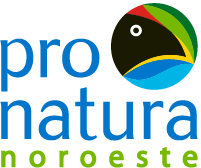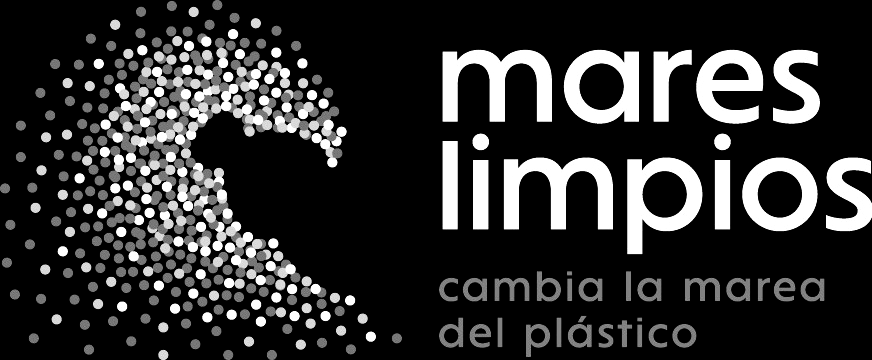The FIP work plan for the chocolate clam was approved in Altata-Ensenada de Pabellones, to achieve sustainable use of and conserve the resource, and explore new commercialization opportunities.
Pronatura Noroeste promotes Fishery Improvement Projects (FIP) as a strategy to promote the development of sustainable fisheries. Due to the critical situation of the population of Chocolate Clam (Magapitaria squalida), the designation of a fishing refuge and the establishment of a management plan with an ecosystem approach in the Altata-Ensenada del Pabellon lagoon system, together with interest from producers in the conservation and continued improvement of the resource, primed this fishery for the implementation of a FIP.
The working group for this FIP was formed at the end of 2018 when EDF Mexico and Pronatura Noroeste presented the pre-evaluation of the fishery, which was conducted with the MSC standard. The results demonstrated that, according to the standard scale, “there are red and yellow indicators related to the state of the resource and the portion about efficient management, two common problems in riparian fisheries in Mexico,” said Dr. Pablo Alvarez, Coordinator of Fishery Improvement Projects for Pronatura Noroeste.
The working group defined goals, timelines, and parties responsible for the tasks to be conducted in accordance with the standard’s indicators. “There are tasks to evaluate the resource, to check if the evaluation method used so far is the ideal one, to improve the information system; these are issues related to the status of the resource and population. Another element is to promote the publication of the fishery management plan, the creation of a management subcommittee, and the establishment of a community surveillance system,” explained Alvarez.
With the work plan complete, the Chocolate Clam FIP is now in the implementation stage. Soon will be possible to advise it as an active FIP on the FisheryProgress platform. “We moved very fast, and that was due to the previous work of EDF Mexico in the area and its capacity for local action,” said the Fisheries Improvement Project Coordinator.
The working group is comprised by representatives from: the Federation of Fisheries Cooperatives of the Altata-Ensenada del Pabellón Bay, the Federation of Fisheries Cooperatives and First Generation Tourist Services, the SCPP Procopio Rubio, the Clam Fisher Cooperative of Santa Cruz, the Sinaloan Institute of Aquaculture and Fisheries, the Sinaloa State Commission for the Protection against Sanitary Risks, the National Commission for Aquaculture and Fisheries, the SEMARNAT, the Interdisciplinary Center of Research for Integral Development, the Regional Center of the National Polytechnic Institute, the Regional Center for Fishery Research Mazatlán – INAPESCA, the Mexican Environmental Defense Fund (EDF Mexico), and Pronatura Noroeste.












